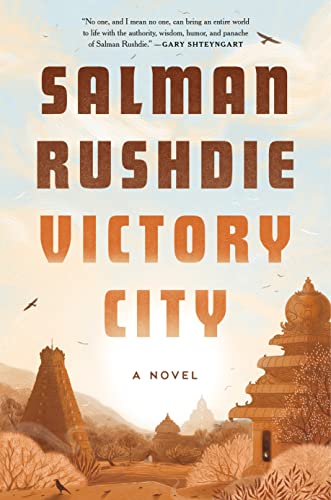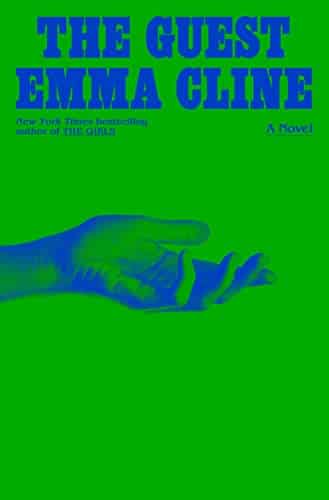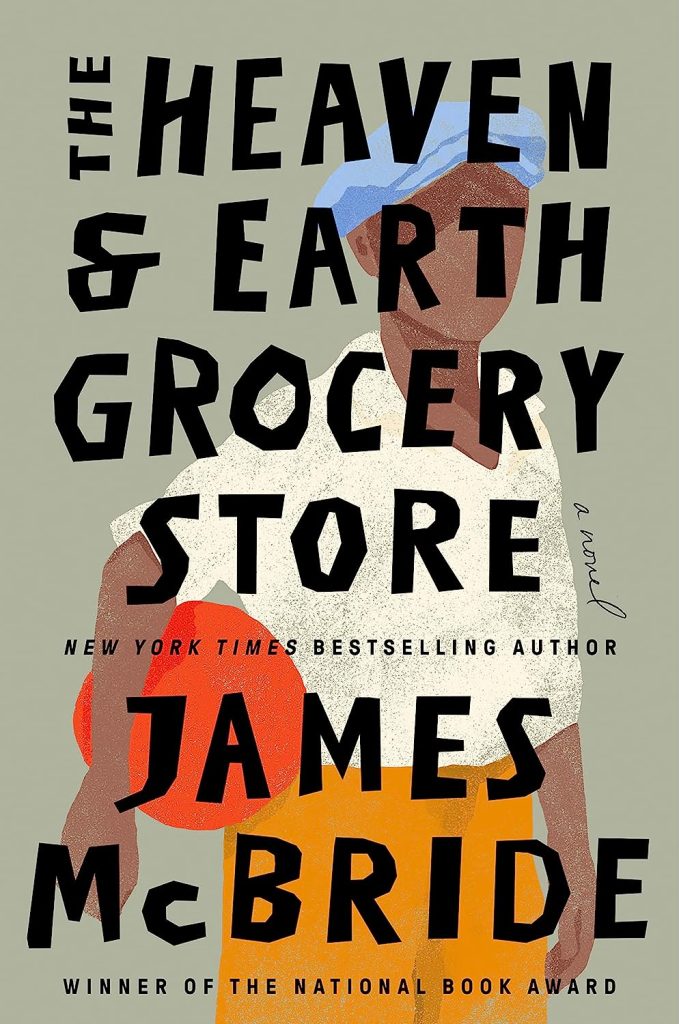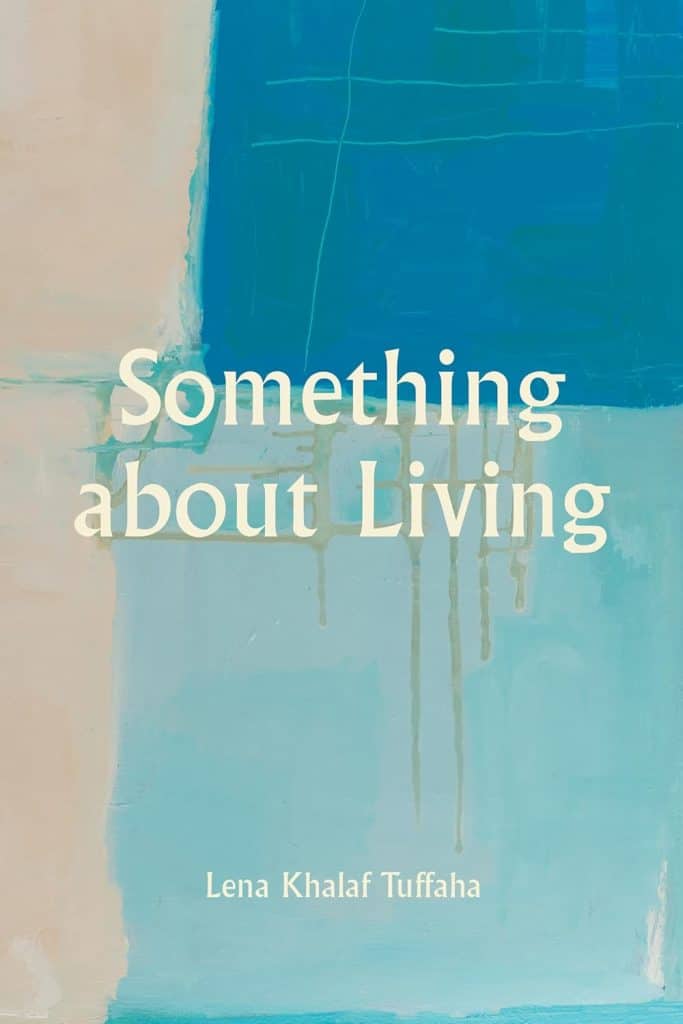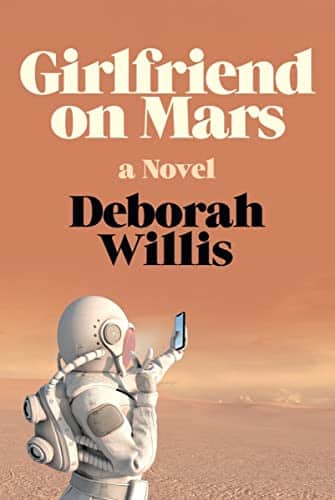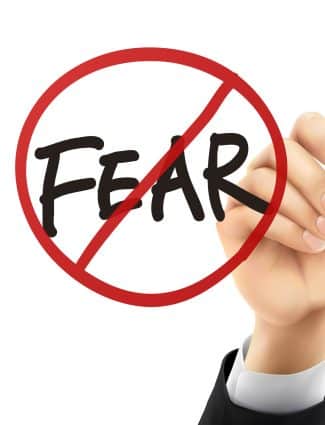
Grief in the Age of COVID
Estimated reading time: 0 minutes, 42 secondsThe Age of COVID glides toward a new year as if it is here to stay. More reports from friends getting mild cases make me apprehensive and anxious. Would my grief have been different if COVID had not veiled it? The question is impossible, but my heart-felt instinct tells me it might have been less complicated.
Despite my efforts not to isolate after Jan died, the Delta and Omicron variants have me locked into a cautiousness that impedes my ability to manage my sorrow.
My fears of COVID will fade, but my love for Jan will never die.
I receive a commission when you buy a book or product using a link on this page. Thank you for supporting Sharing Jan’s Love blog.





